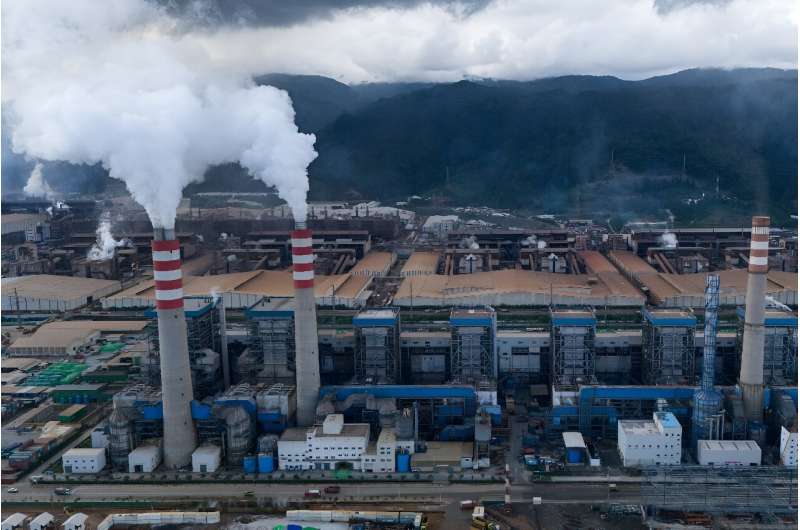
Deforestation at one of Indonesia’s largest nickel processing hubs is threatening an Indigenous group that is among the country’s last uncontacted tribes, rights groups allege.
Deforestation is a longstanding problem in Indonesia, and primary forest loss jumped 27 percent in 2023 after falling for several years from a peak in 2015-2016, according to the World Resources Institute.
Nickel is a key component in the batteries of electric vehicles, and Indonesia is both the world’s largest producer and home to the biggest known reserves globally.
The government is keen to boost output, but there are growing concerns about the environmental consequences and impact on local residents.
Two NGOs told AFP that mining operations in North Maluku province are endangering the O’Hongana Manyawa people by stripping forests and pumping pollution into surrounding waters.
The Weda Bay nickel mine on Halmahera island—by some estimates the largest in the world—has left the Indigenous group encircled, said Syamsul Alam Agus, an advocate at the Association of Indigenous Peoples’ Defenders.
“They are surrounded… their territory is controlled,” he told AFP.